Project details
| Project leads | Sasha Dobrota and Professor Kam Bhui |
|---|---|
| Centre alignment | Centre for Arts & Health |
| Start date | April 2020 |
| End date | August 2025 |
| Project website | https://www.attuneproject.com/ |
The ATTUNE research collaboration explored the individual, environmental, social, economic, educational and geographical factors that influenced young peoples’ mental health.
ATTUNE aimed to understand the pathways of risk and resilience from Adverse Childhood Experiences (ACEs) to adolescent mental health outcomes. To do this, it brought together a national consortium of academic, public sector, voluntary and community sector, and charity partners. The project used participatory, arts-based research methods alongside epidemiology and health economics.
ACEs are highly stressful or traumatic events that can have a lasting impact on health and wellbeing throughout a person’s lifetime. Almost half of young people experience at least one ACE, and one in ten experience four or more. Examples can include abuse, neglect, witnessing violence, substance misuse in the family and discrimination.
Through creative, co-designed research activities with young people, ATTUNE uncovered new insights into how these experiences affect mental health, and how support services can respond in ways that young people find meaningful and validating.
Outcomes & outputs
ATTUNE’s first phase used participatory co-discovery activities to inform subsequent research.
Young people consistently expressed that traditional talking therapies often felt unhelpful or invalidating, and instead called for creative, flexible and consistent approaches.
Key outputs included:
Ace of Hearts – a co-designed serious game developed with young people and produced by Falmouth University’s game development team. Based on earlier research, it provided a private, creative space for young people affected by ACEs to reflect on their experiences through a mobile game. The game contained four themed minigames: Horse and Foal (bereavement and early responsibility), Hard Times (family financial struggles), Dial It Back (living with a disability) and Out of Shell (gender dysphoria). All were linked by a central hub, the Cosy Den, where players could personalise a bedroom space. By embedding lived experiences into gameplay, the project offered a safe, relatable way to explore sensitive topics.
Immersive final conference, Disrupting the Silence (July 2025), replaced conventional conference presentations with audio-visual soundscapes, a short film, live visual art and facilitated dialogues led by young people themselves.
Validating Voices – a public health resource for professionals and young people aged 12–24 to embed validation in everyday conversations within public sector settings. Co-created by 20 young people and 17 professionals over nine workshops in Leeds, Cornwall and Kent, it addressed ATTUNE’s finding that repeated invalidation by professionals can reinforce the harm of ACEs.
The toolkit, combining physical and online resources, helps staff recognise and act on opportunities for “micro-validations” that build trust, self-worth and safety, and ultimately show that the young person is being taken seriously.
Young people said this change in professionals’ behaviour could have a profoundly positive impact. Validation involves being curious and open about a young person’s experience and needs, rather than assuming, dismissing or delegitimising them as immature, unnecessary or attention-seeking. It also involves affirming a young person’s identity (for example, as neurodivergent or non-binary) and remembering how their past or current ACEs may be shaping their behaviour and needs.
In everyday encounters, this means professionals looking for opportunities to say things like “I believe you”, “I want to know what is going on for you”, “it is understandable that you feel that way or need these things” and “you don’t need to change to be welcome, accepted or safe here”.
Survey and focus group work showed that:
- Both digital and in-person creative environments were important outlets for expression and wellbeing.
- 83% of surveyed Falmouth University students saw digital tools such as apps, VR/AR games as useful for diagnosis and support.
- Transitions, particularly from university to employment, were key stress points.
- Choice of engagement method, whether digital or physical, was important for accessibility and comfort.
Additionally, co-design participants also anticipated benefits for professionals, including stronger relationships with young people and reduced burnout.
Impact & recognition
ATTUNE’s findings informed public health bodies, commissioners and service providers, encouraging them to:
- Reconsider existing approaches to diagnosis and support for young people with ACEs.
- Embed co-designed, creative methods into service design.
- Actively listen to and validate young people’s own perspectives on what support works.
By combining art and science, and working with young people as equal partners, the project influenced how policy makers, healthcare providers and youth organisations thought about mental health interventions.
Project media
Public media for ATTUNE includes:
- ATTUNE Project Podcast
- ATTUNE website, LinkedIn, Instagram, TikTok and X
Project team
The ATTUNE consortium brought together clinicians, academics, service providers, artists and young people from across the UK.
At Falmouth, the team included lecturers and researchers with expertise in mental health, wellbeing, co-discovery and co-design within creative practice.
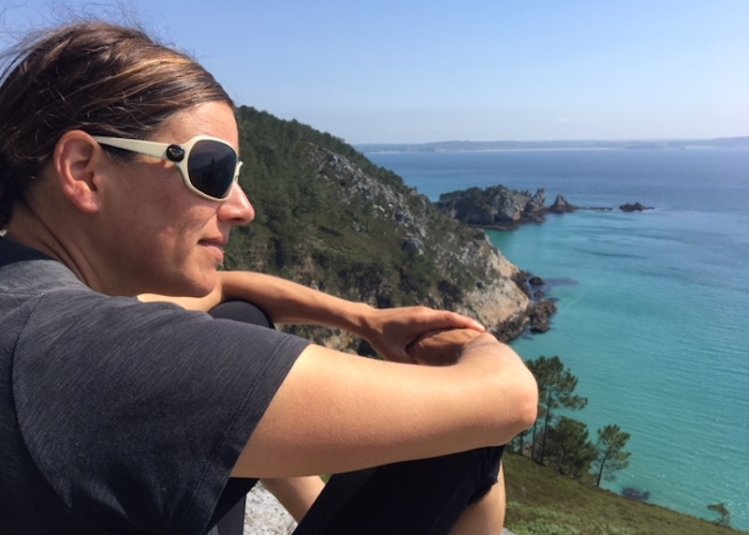
Sasha Dobrota
Lecturer in Theatre & Performance BA(Hons) and ATTUNE Conference Co-Producer
Sasha has been producing and managing cultural projects, experiences and events for the last fifteen...
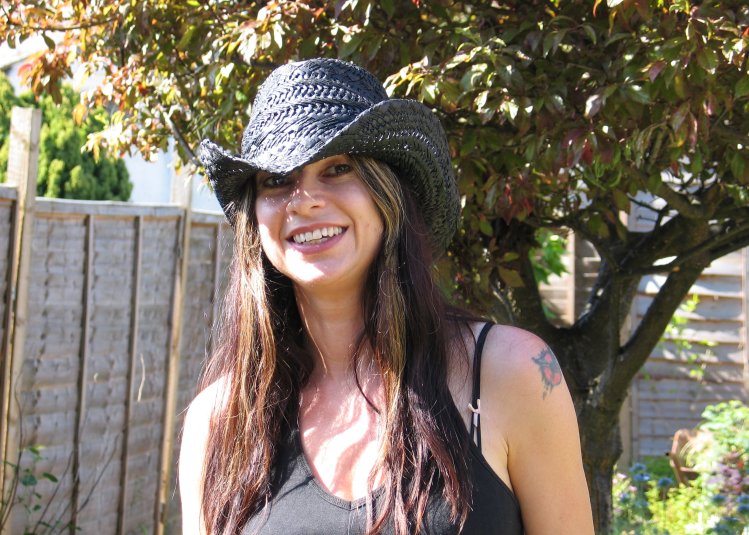
Professor Tanya Krzywinska
Professor of Digital Games
Tanya started playing computer-based games on Usenet when working at the Digital Equipment Corporati...
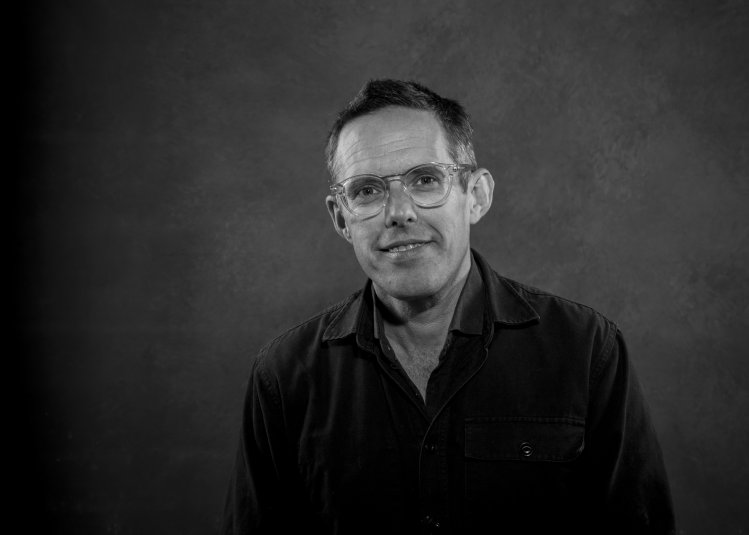
Professor David Prior
Pro Vice-Chancellor Research and Knowledge Exchange
I joined Falmouth as Associate Professor in Music and Sound Art in 2010. Now as Pro Vice-Chancellor ...
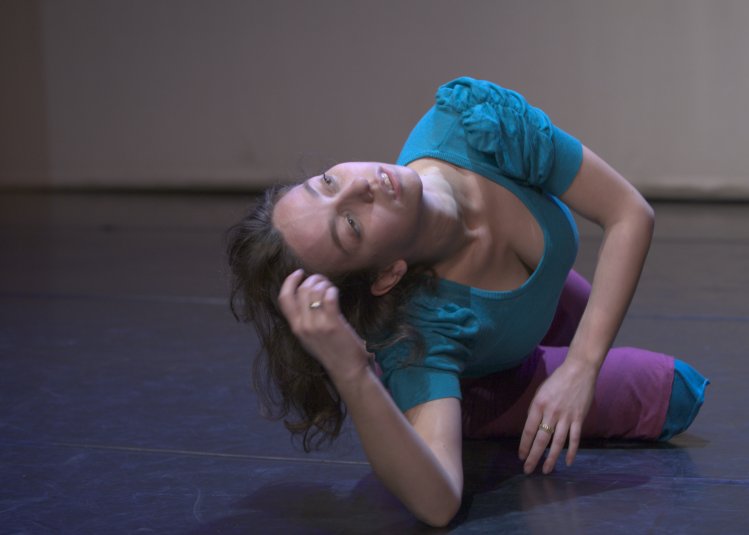
Dr Ruth Pethybridge
Senior Lecturer, Dance
Dr Ruth Pethybridge is a choreographer, facilitator and researcher. She has delivered dance in ...
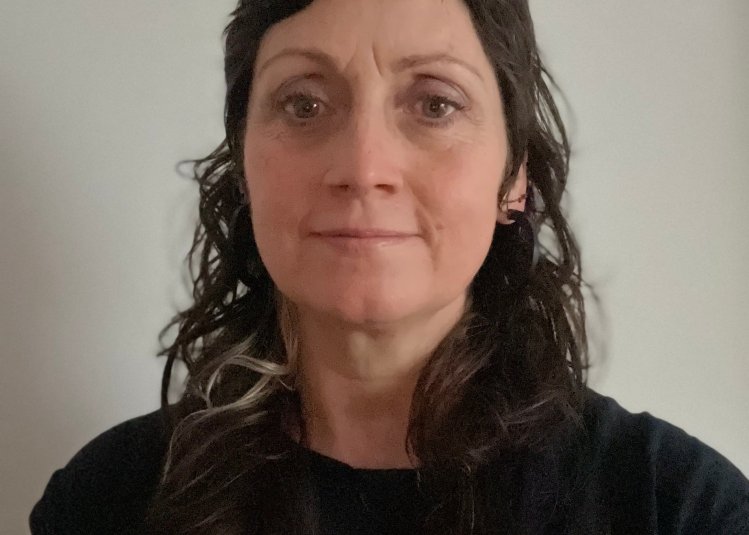
Karen Brett
Senior Lecturer
Karen Brett is an artist working with photography, moving image & sound who graduated with a BA ...
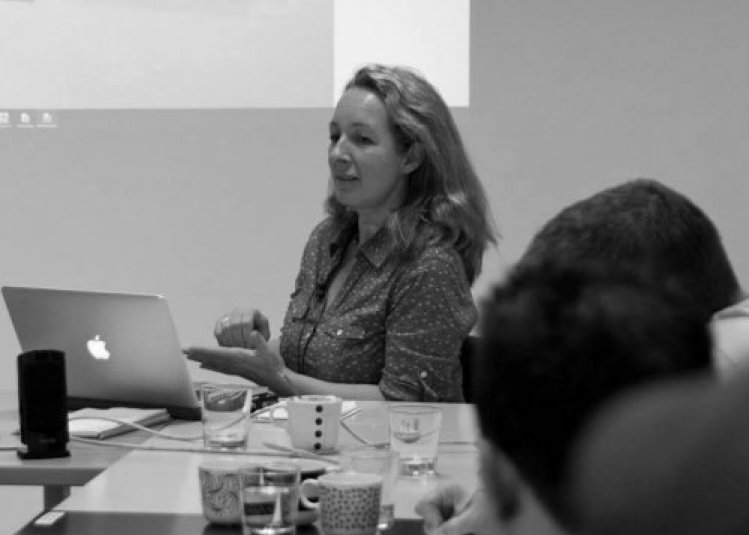
Katharine Nicholls
Senior Lecturer
With over a decade in the Animation industry in addition to her work as a freelance illustrator, art...
Partners
The project included input from the following people and organisations:
- Professor Kam Bhui CBE, University of Oxford
- Professor Siobhan Hugh-Jones, Professor in Mental Health Psychology at the University of Leeds
- Professor Mina Fazel, Professor School-based mental health interventions, University of Oxford
- Professor Nicola Shaugnessy, Kent University, contemporary performance, autobiography, applied and socially engaged theatre with specialist research interests in the neurodiverse population.
- Dr Sania Shakoor Lecturer in Mental Health, Centre for Psychiatry, QMUL
- Professor Daisy Fancourt, Professor of Psychiobiology & Epidemiology/Wellcome RF, UCL
- Professor Peter Fonagy, Professor Epidemiology/Wellcome RF, UCL
- Professor Craig Moran, Professor of Social Epidemiology, KCL
- Professor Paul Mcrone, Health Economics, Greenwich University
- Dr Georgina Hosang, Senior Lecturer in Chronic Disease Management, QMUL
- Cornwall Council
- Cornwall Partnership Foundation Trust
- Young People Cornwall
- Aardman Animations
- NSPCC
